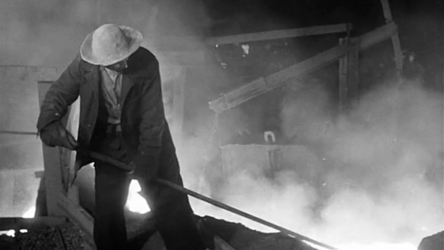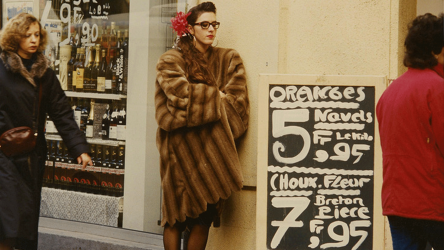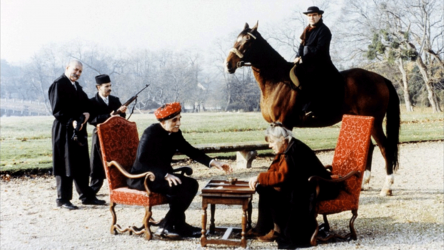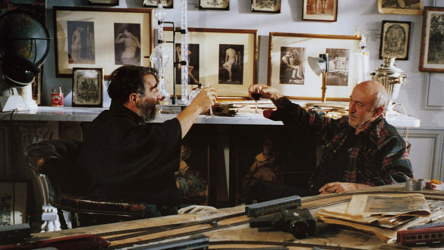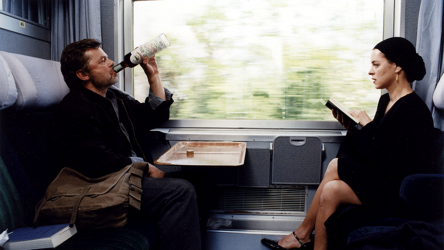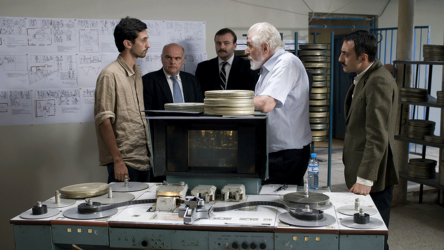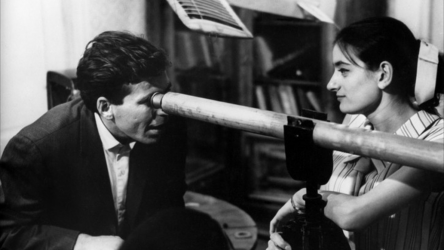The 11th AAGFF with great pleasure, presents the tribute to Otar Iosseliani, with eight films from the renowned, French-Georgian film auteur. His cinema—neither Georgian nor French—has its own unique breath of life; containing frames of small actions and situations, veering and revealing a branching narrative, sparing in its use of dialogue, with an emphasis on physical mobility and movement; always composed of pure cinematic relays. He directs with bittersweet irony and subtle humour, the paradoxes of the grandeur and tragicomedy of everyday life, allowing his films to provoke, an unfeigned grin at the absurdist nature of existence. After all he has said, that he is concerned, with people’s innocence and ignorance as preconditions of their conformity.
From his Georgian, early period, the tribute includes the documentary “Tudzhi” which he filmed whilst working at a foundry, and the film “Once Upon A Time There Was A Singing Blackbird” where he harshly criticises the Soviet ethics of productivity and with which he garnered his first cinephile audience. In his experimental documentary “Letter From a Filmmaker”, his earliest impressions of Paris were imprinted. “Favourites of the Moon”, his next film, traverses the Parisian fabric with a plethora of diverse characters—a troupe of travelling players, that spring onto his later work; who deceive and fall in love whilst often preferring a glass of wine to a valuable antique. In “Chasing Butterflies”, he dives into the themes of decay of the French aristocracy and the advent of an era of greed. In “Farewell, Home Sweet Home!” he approaches with sensitivity the people who attempt to escape their social fate, whilst in “Monday Morning” a film on the depletion and exhaustion of daily routine—of escape and necessary compromises, we once again see the funny scene from “Tudzhi”; of the laundry being spread by the workers in the factory, as well as the electric trains from “Farewell, Home Sweet Home!”. Finally, even though the film “Chantrapas”, brings to mind autobiographical elements, it is mostly concerned with Iosseliani’s desire to reveal the absurdities and dilemmas of the artistic life—caught between official censorship and self-censorship.
Film selection, programming: Olia Verriopoulou
Introduction: Youlia Mermigka
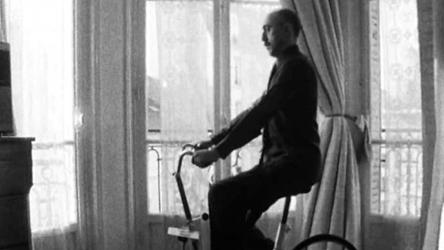
Letter From A Filmmaker - Seven Pieces On Black & White Cinema
Read more ...




